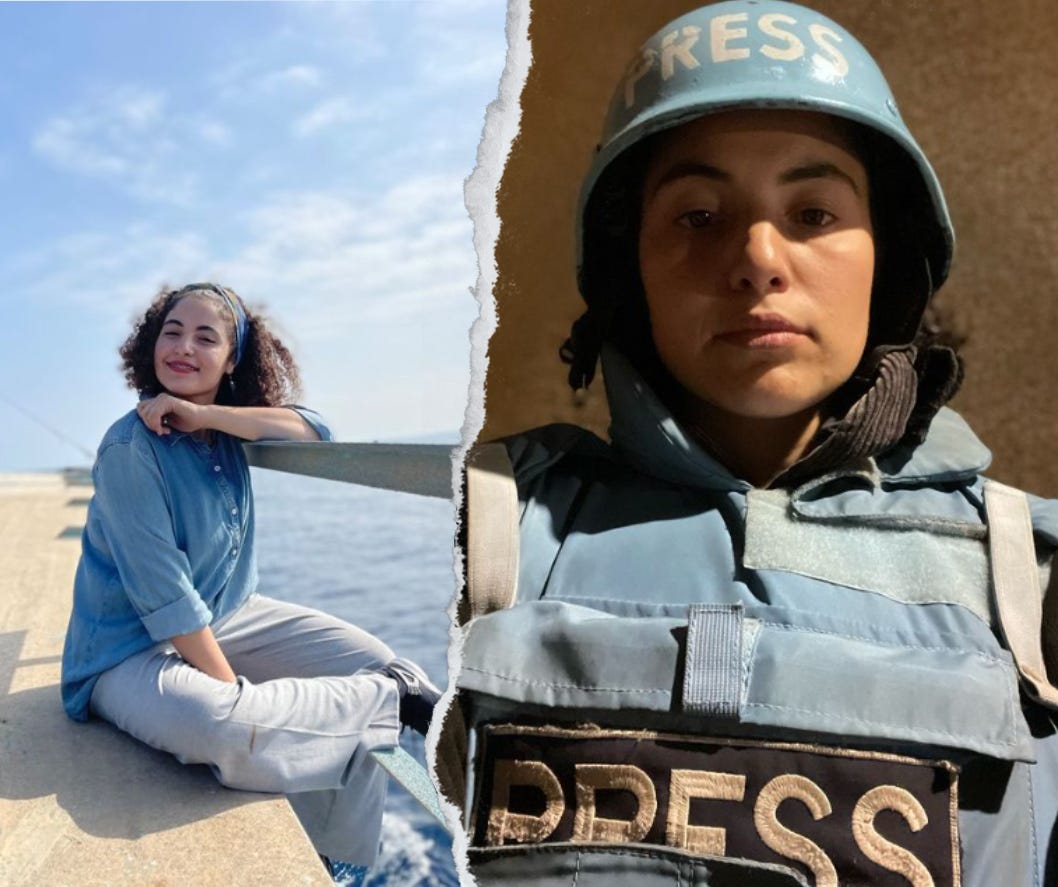If Anyone Deserves a Nobel Prize, it’s Journalist Bisan Owda: To us at the Women Post, she’s the Very Definition of Courage. And She’s Still Alive.
In a world that too often rewards silence, Bisan Owda’s voice rises from the rubble — reminding us what real leadership, truth, and womanhood look like.

She’s not just brave — she’s an absolute force, leading, documenting, and telling the stories of Palestine with a resilience most people can’t even imagine. She’s a true leader for her people, a…





